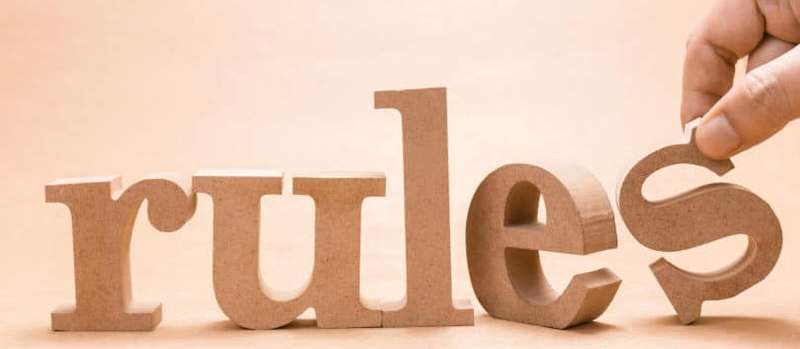Understanding paystub retention rules is crucial for every employee. Paystubs not only serve as a record of your earnings and deductions but also provide vital information for tax reporting, loan applications, and verifying employment. Knowing how long to keep your paystubs and the legal requirements surrounding them can help you stay organized and informed.
In this article, we’ll discuss the importance of paystub retention, the rules you should follow, and how using a Free Paystub Maker can help you manage your documents effectively.
Why Retain Your Paystubs?
Paystubs contain essential information that can be beneficial in various situations:
- Tax Preparation: Paystubs provide a detailed breakdown of your earnings, taxes withheld, and deductions, which are crucial for filing your annual tax return.
- Proof of Income: If you apply for a loan or mortgage, lenders often require proof of income. Your paystubs serve as official documentation to verify your earnings.
- Dispute Resolution: In case of payroll errors or discrepancies, having your paystubs on hand can help you address any issues with your employer.
- Employment Verification: If you need to verify your employment history for a new job, past paystubs can serve as proof of your work history and income.
Paystub Retention Rules
1. Federal Guidelines
The IRS does not specifically require you to keep paystubs, but it recommends retaining documents that support your tax filings. Generally, you should keep your paystubs for at least three years after the date you file your tax return. This timeframe aligns with the statute of limitations for audits, allowing you to substantiate your income if questioned.
2. State Regulations
Paystub retention rules can vary by state. Some states have specific requirements for how long employers must keep payroll records, which can affect how long you should keep your paystubs. It’s essential to check your state’s labor department guidelines for any specific rules related to paystub retention.
3. Employer Policies
In addition to federal and state regulations, your employer may have its own policies regarding paystub retention. Some companies may recommend that you keep your paystubs for a specific period, especially if they are required for internal auditing or compliance purposes.
4. Personal Best Practices
While the legal requirements provide a baseline, it’s often best practice to keep your paystubs longer than the minimum requirement. Here are some personal retention guidelines:
- Keep for One Year: Store all paystubs for at least one year. This can help you easily access them for financial planning, budgeting, or if you need to reference them for any disputes.
- Organize for Taxes: At the end of each tax year, compile your paystubs and keep them alongside your tax return and related documents for at least three years.
- Long-Term Storage: For significant life events, such as applying for a mortgage or moving to a new job, consider retaining paystubs for several years, especially if they show steady income or employment history.
How to Store Paystubs Effectively
Storing your paystubs properly is just as important as knowing how long to keep them. Here are some tips for effective storage:
1. Digital Storage
With the rise of technology, many employees prefer digital storage. Use a Free Paystub Maker to create and manage your paystubs electronically. This tool allows you to generate paystubs, keep them organized, and store them securely on your computer or cloud service.
2. Physical Copies
If you prefer keeping physical copies, store your paystubs in a dedicated folder or binder. Make sure to label them by year and month for easy access.
3. Regular Review
Set a reminder to review your paystubs regularly. This can help you identify any discrepancies in your earnings and ensure you’re maintaining an organized record for tax time.
When to Dispose of Paystubs
Once you’ve passed the recommended retention period, you might be wondering when it’s safe to dispose of your paystubs. Here are a few guidelines:
- After Tax Filing: You can dispose of paystubs once you’ve filed your taxes for the year and have retained the necessary documentation for at least three years.
- Check for Consistency: Before disposing of any paystub, ensure that all your financial records are consistent and that you have the necessary documentation for loans or other financial applications.
- Secure Disposal: When you decide to dispose of your paystubs, do so securely. Shred any physical copies to protect your personal information.
Conclusion
Understanding paystub retention rules is vital for every employee. Keeping accurate records of your paystubs can provide you with essential documentation for taxes, loans, and employment verification. By following federal and state guidelines, as well as adopting best practices for personal retention, you can manage your paystubs effectively.
Utilizing a Free Paystub Maker can streamline the process of generating and storing your paystubs, ensuring that you have easy access to your financial information whenever you need it. Stay organized, stay informed, and protect your financial interests by adhering to these paystub retention guidelines.


